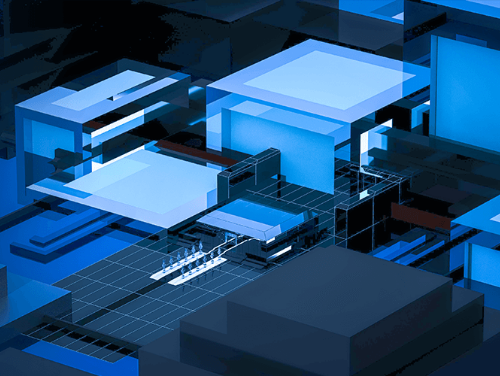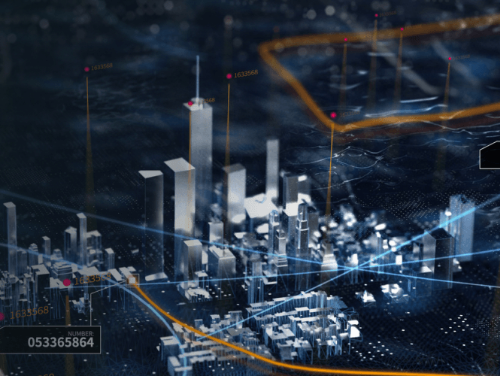On August 6th, the Huawei Ascend AI Developer Day · Nanjing Station with the theme of "Creating the Future, Enjoying Extraordinary" was successfully held.
As a series of activities launched by Huawei for developers of the entire stack of Ascend AI industry, the Huawei Ascend AI Developer Day aims to gather regional partners, customers, developers from universities and research institutes, providing developers with a platform for in-depth discussion and communication, and jointly creating the future of Ascend AI industry.
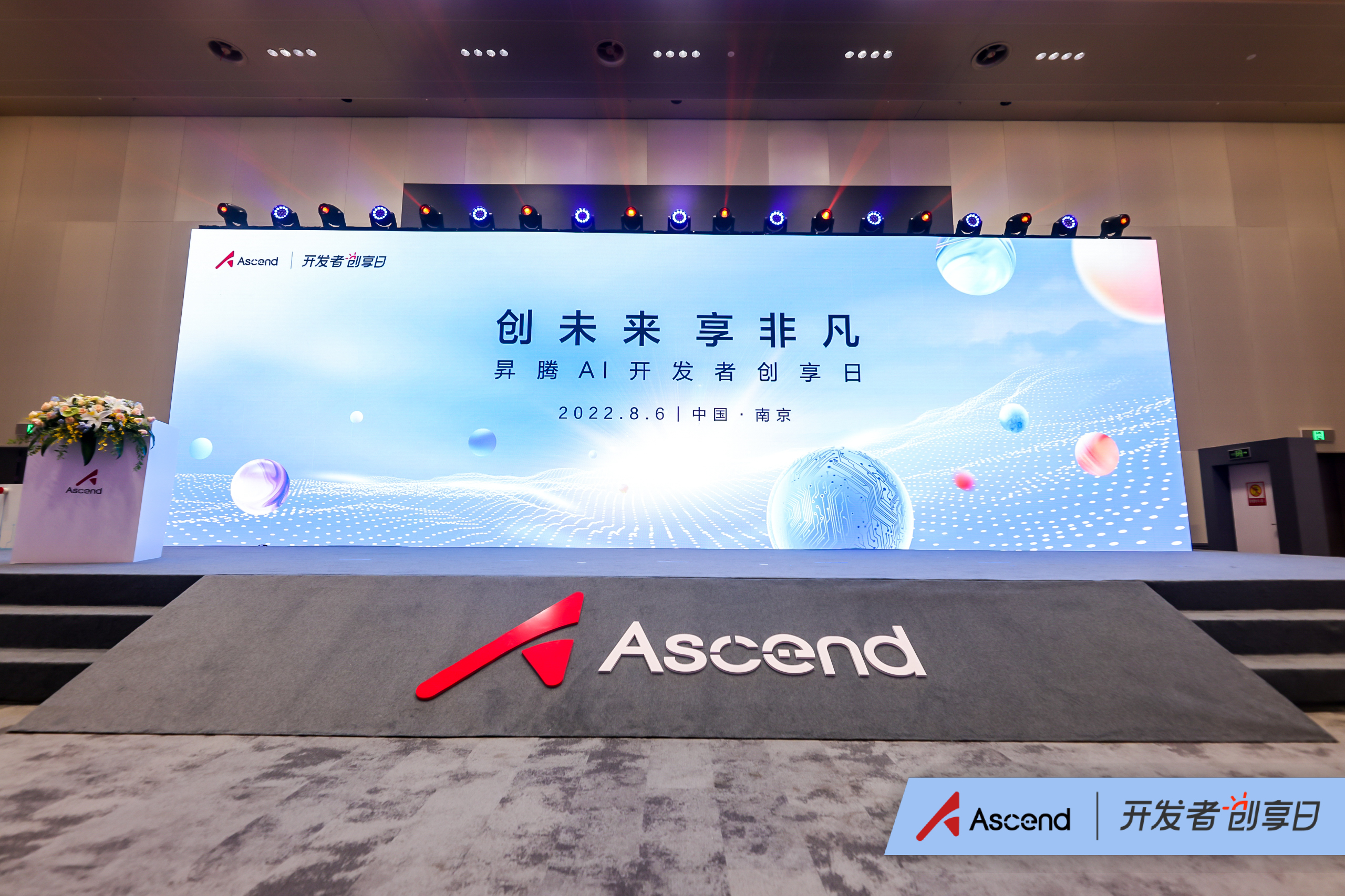
At the event site, Huawei signed a memorandum of cooperation with units such as Nanjing Agricultural University for the "AI+Smart Breeding" scientific research project. Professor Geng Xin from Southeast University shared the "genes" of machine learning, and Du Peng, the chief scientist of Ascend CANN, demonstrated the magical combination of "robot dog+AI arm" and how to complete intelligent inspections.
With thoughts on urban digital construction, Zhu Jun form Minivision gave a speech titled "Building a Smart City AI Hub and Building a Smart City Brain", sharing with on-site technology experts how Xiaoshi utilizes the "City AI Hub" to empower smart cities with new ideas.
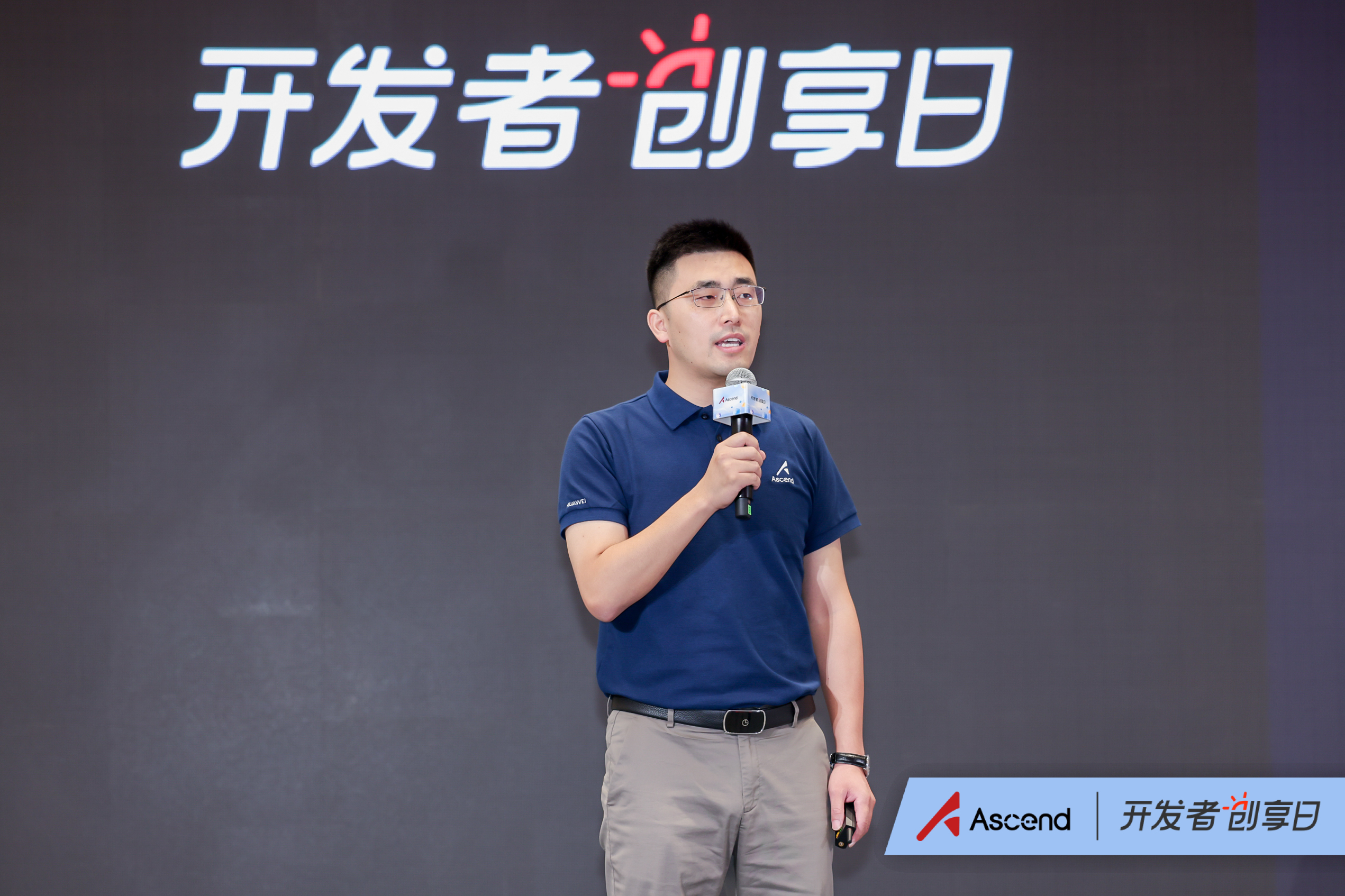
Three Difficulties in Urban Digital Upgrading: Data, Computing Power, and Algorithms
At present, the digital wave has had a profound impact on global economic and social development. Various countries have successively regarded digitization as the commanding point of their national strategies, and China's 14th Five Year Plan and 2035 Vision Outline both propose to accelerate digital development.
Cities are highly concentrated products of technology, humanities, and economy, and are also the first stop of the digital process. In recent years, the construction of smart cities in China has been in full swing, and various technical problems have emerged.
In terms of data, there is a huge amount of data collection at the city level, which increases the cost of data operation and maintenance; In terms of algorithms, insufficient sample size leads to poor algorithm accuracy and inability to achieve delivery as intelligence; In terms of computing power, the fragmented application of artificial intelligence in various commissions and bureaus places high demands on computing power platforms and resources.
Urban AI Hub: A New Engine for Efficient Decision Making in Smart Cities
Minivision Technology will be the key to solving the problem, anchored in building a unified, open, and compatible digital city AI foundation.
The "Urban AI Hub" has powerful AI algorithm capabilities, which can fully empower sensing devices, achieve unified data management, on-demand algorithm allocation, and active event alarm. It assists various commissions and bureaus in monitoring the dynamics of the entire city 24/7, and enables urban governance to move towards "one network management".
Core advantage: "Urban AI Hub" provides efficient decision-making engines for urban governance and services based on its own advantages.
In terms of deployment methods, the platform supports various hardware types such as "cloud, edge, and end", and can be deployed in multiple forms.
In terms of data collection, the platform can collect data from multiple sources such as urban monitoring, government information, and government apps for analysis and mining applications.
In addition, the platform provides intelligent alerts for emergency events, and all departments promptly handle them in a closed-loop manner, achieving cross departmental collaboration, breaking the perception barriers between various committees and bureaus of smart cities, and sharing perception capabilities and results.
Algorithm strength: Algorithms are the core of urban AI hubs. The Minivision Technology algorithm team has a complete set of capabilities, including image acquisition, image annotation, training, and modeling. Based on the Ascend MindSpot framework model, the output efficiency has been increased by more than 6 times. This provides strong support for efficient production, rapid deployment, application services, and continuous iteration of algorithms.
If the government's various committees and bureaus propose customized algorithm requirements, the Minivision team can achieve the fastest implementation of algorithm applications within one month.
At the same time, the urban AI hub supports over 140 types of high-capacity algorithms; The algorithm has fast recognition speed and high accuracy, and can also be applied for and freely allocated according to needs; Open API interface for easy integration with third-party algorithms.
Computing power allocation: In order to better allocate computing power, the urban AI center can set corresponding algorithm templates based on time, weather, emergencies, computing resources, etc. The platform can not only automatically set running strategies and efficiently allocate computing power, but also support autonomous allocation of computing resources to ensure load balancing.
In this way, computing resources can be saved by more than 5 times, and the total number of video channels accessed can reach millions.
Steady and steady, Xiaoshi Technology has over ten experience in landing in smart cities
The 'urban AI hub' is like our nervous system, physically dispersed and logically unified, quietly merging into every aspect of urban operation.
The "urban AI hub" of Minivision Technology has been established in provinces and cities such as Zhejiang, Shanghai, Gansu, Shanxi, and Jiangsu, injecting AI vitality into good governance, benefiting the people, and promoting business.
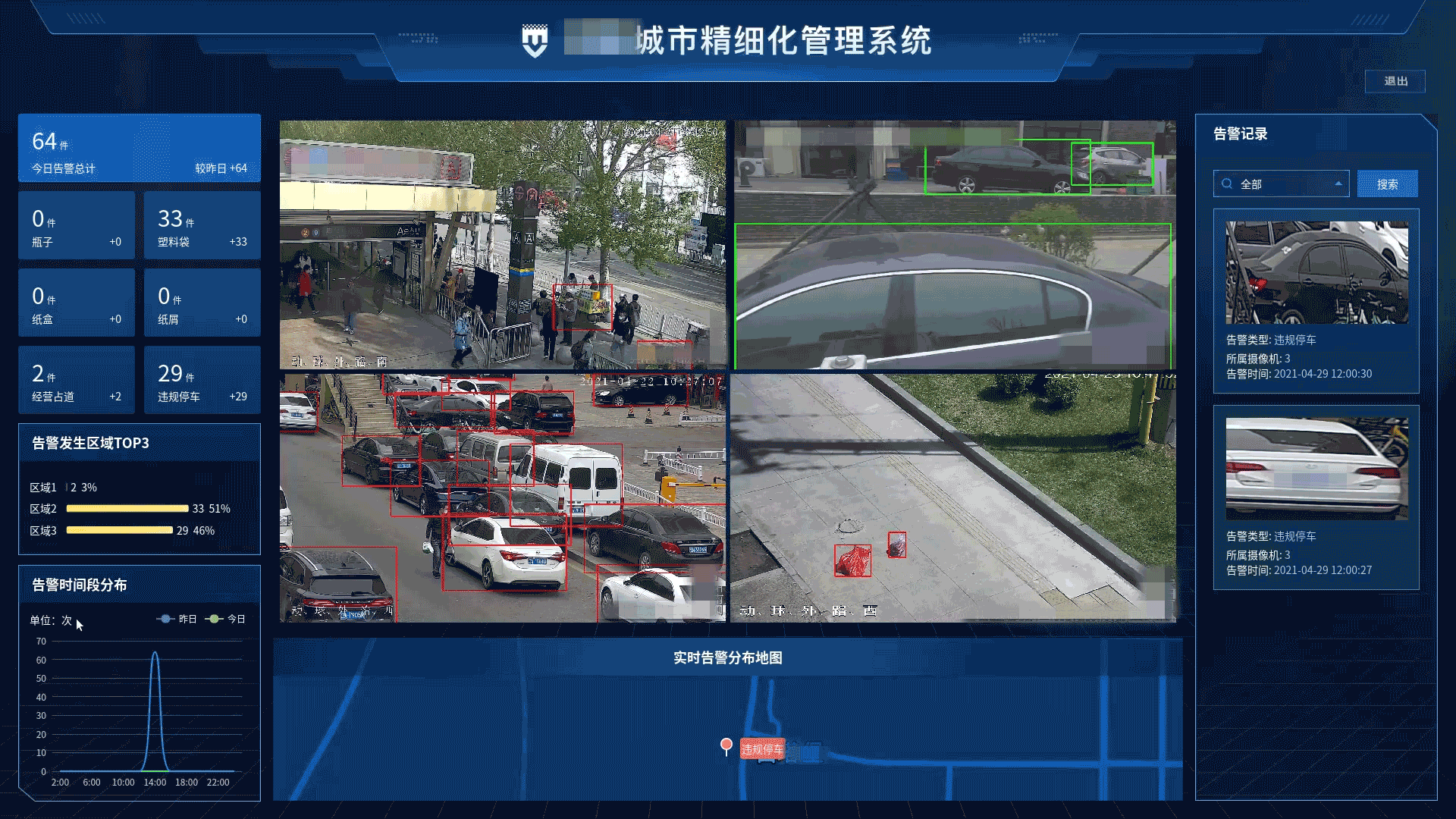
In a certain city in North China, Minivision's "urban AI hub" is connected to the urban brain data center, collecting multi-dimensional data such as culture and tourism, urban management, public security, people's livelihood, community, environmental protection, and transportation, and accessing tens of thousands of video data for unified analysis and mining. AI intelligent city inspections have been formed to support scenic area safety, mobile personnel management, hazardous chemical supervision, public security monitoring, traffic sorting, garbage classification, epidemic prevention and control Patrol and management of various scenarios such as flood and typhoon prevention. Urban monitoring has shifted from "visible" to "understandable", with massive data effectively applied and cities undergoing comprehensive transformation and upgrading under the empowerment of algorithms.
Looking ahead, with the widespread application of new generation information technology, the construction of smart cities will usher in new opportunities and gradually move from large-scale construction to refined operation. Standing on the new wind, Minivision Technology will continue to work with Huawei to deepen cooperation and jointly contribute to the digital upgrading of cities.


